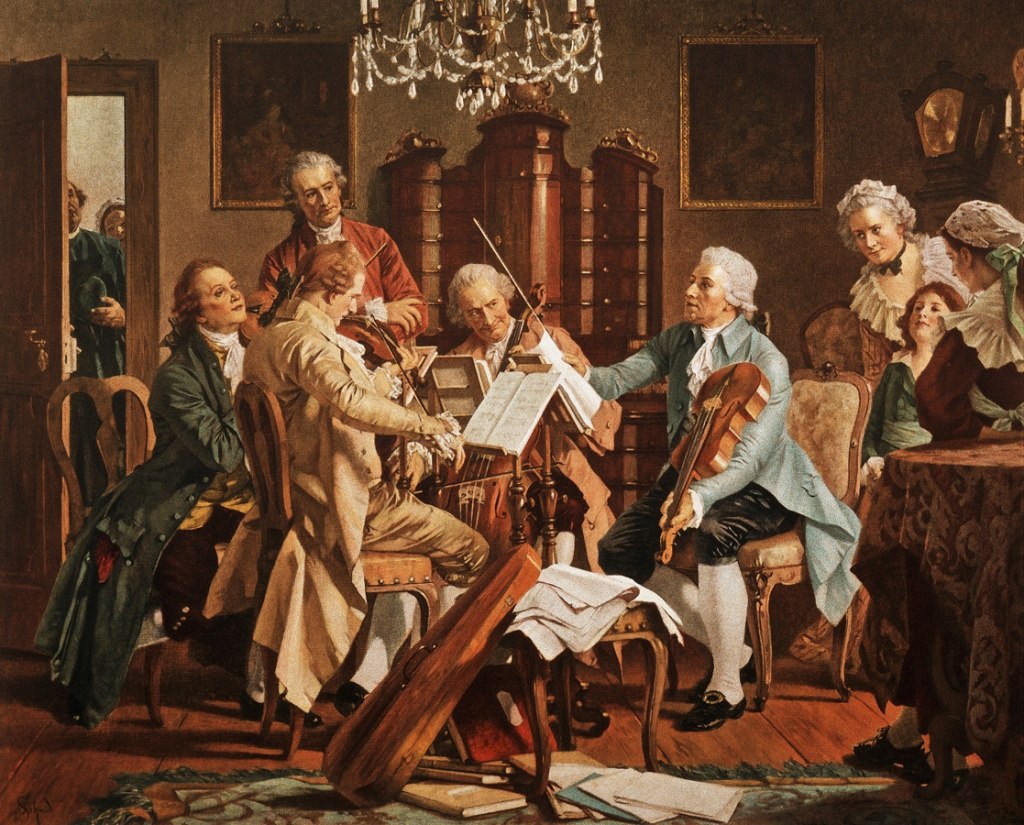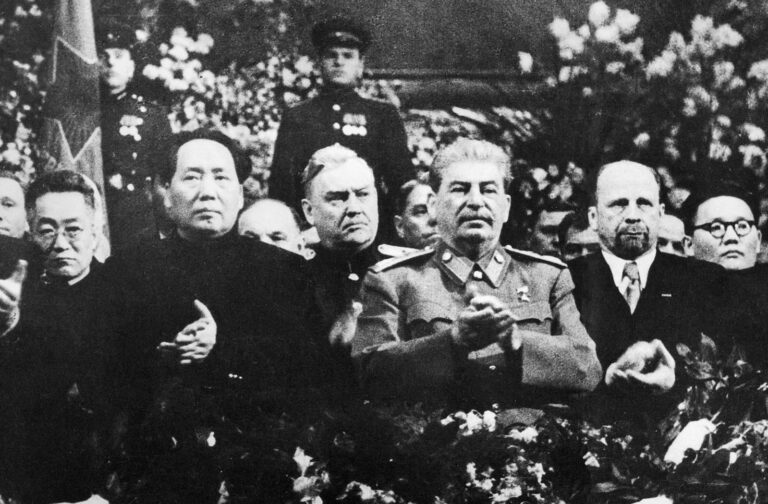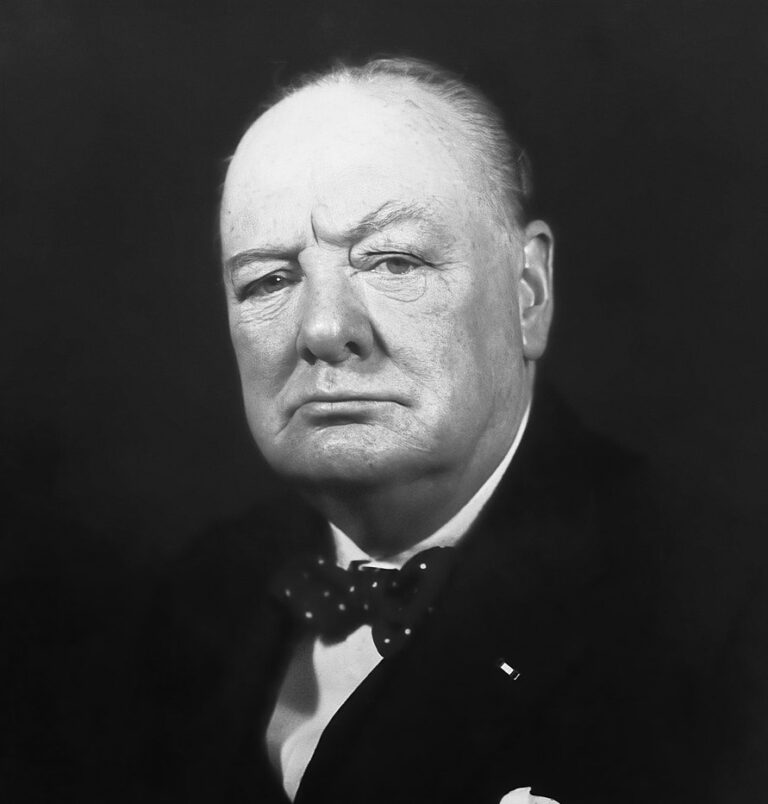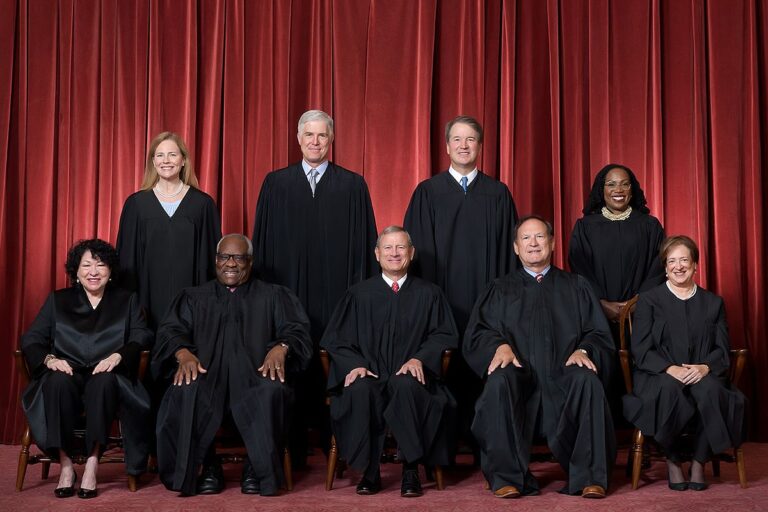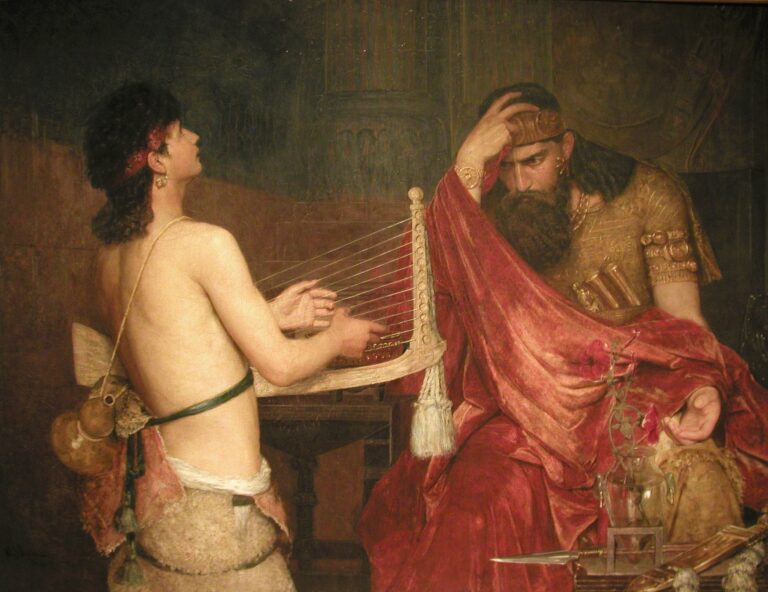Our Newest Course: The History of Classical Music
I can’t imagine a world without music. It’s akin to a world without great paintings, poems, or prose. Indeed, a world without music would be a world without beauty—or, I should say, a world with much less beauty. The thought of this tells us what a central part of our world great music occupies. I’ll wager that you can’t remember a time when you didn’t know the opening of Mozart’s Eine kleine Nachtmusik or the “Ode to Joy” melody of Beethoven’s 9th. You probably still hum them every now and then.
More than convenient tunes to whistle, great music enhances the great moments in human history. Leonard Bernstein conducted Beethoven’s 9th Symphony to celebrate the fall of the Berlin Wall in 1989. The morse code transcription of “V,” signaling the Allies’ victory in World War II— dot-dot-dot-dash—the four-note motif that figures so prominently in Beethoven’s 5th Symphony. You probably have attended more than a few weddings where the bride walked down the aisle to Johann Sebastian Bach’s “Jesu, Joy of Man’s Desiring.” And I’d guess you’ve cradled your little ones to sleep with the notes of Brahms’s “Lullaby.” Even the cinema isn’t immune. Try to picture Steven Spielberg’s “Jaws” without John Williams’s famous ostinato for the shark. Or “The Magnificent Seven” without Elmer Bernstein’s iconic theme. Similar examples abound.
Music thus pervades our lives, our very history. That an art form that reached its maturity at a later point in history than the Protestant Reformation could exert such influence on us testifies to its power to stir our souls. Some have called music “the universal language,” and not without reason. The sublime compositions of Bach, Mozart, and Beethoven are heard the world over, and perhaps even above us. Karl Barth famously hypothesized that when the angels in Heaven praise God, they play Bach, and amongst themselves, they play Mozart. Such is the power of music, even to those who devote their lives to studying the things of God.
To know music, then, is to know a key part of western civilization. This brings us to our newest online course, “The History of Classical Music: Pythagoras through Beethoven.” The first in a two-part series on the great music of the West taught by professional pianist, Hyperion Knight, this first course traces western classical music from its origins in ancient Greece through its elegant pronunciations in the 1820s by Franz Schubert and Ludwig van Beethoven.
Students will learn the thrilling story behind music’s early development. First uncovered with the ingenuity of Pythagoras’ mathematical approach to investigating reality, music and its notes occupied the minds of many of history’s most consequential figures, among them Charlemagne, Isaac Newton, Johannes Kepler, and Galileo. You’ll learn why the seemingly mundane task of tuning a piano came as a monumental product of millennia of thought and labor.
Those new to music will gain an understanding of the basics of the art form. Fundamental elements such as scales, tonality, tempo, sonata form, and the basics of the sonata, symphony, and concerto, will be reviewed.
Best of all, Professor Knight will introduce you to some of the greatest sounds ever composed, and the men who authored them. Often, we simply think of the great composers as pure fountains that simply gushed melodies and chords. Professor Knight shows us that these composers were men living in, and responding to, their times. Bach’s religious music resonated with the popular piety that pervaded his native Germany. Mozart’s opera buffas poked fun at the societal divides of late 18th century Europe. And Beethoven’s symphonies inspired those born in unfavorable circumstances to ascend to excellence and transcend the hereditary order of early 19th century Europe. Moreover, Professor Knight shows us the personal lives and struggles behind these great composers. We discover Bach’s personal tribulations with his family and employers; Handel’s unlikely ascent to stardom in Great Britain; Haydn’s friendship with Mozart; and Beethoven’s titanic battle against his deafness.
The composers emerge to us as what they were: humans. Like us, they had their favorite hobbies and were agitated by daily inconveniences. But they spoke to us with the voices of angels. Professor Knight plays many of their best works on the piano, highlighting for us details in the pieces that escape the notice of the casual listener.
And to conclude this first part of the series, Professor Knight gives us a piano concert featuring full performances of some of the greatest pieces written by the composers he analyzes in the previous lectures. Listening to these pieces with new knowledge of music itself and the composers, you’ll find these pieces have an even greater, deeper beauty. I hope you learn with us in this course on classical music.

